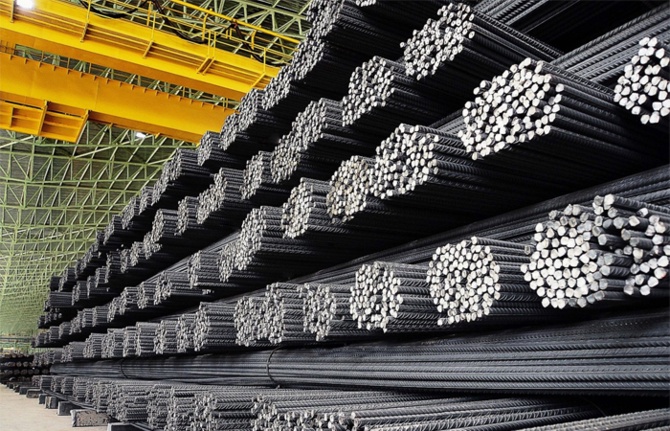
The European Union’s decision to impose 50% tariffs on steel imports beyond a reduced quota has sent ripples through global markets — and Africa is bracing for the fallout.
While most African countries are technically exempt from the EU’s new tariff regime under WTO rules,the continent may still face serious indirect consequences. With major steel producers like China,India,and Turkey now locked out of European markets,surplus steel is expected to be redirected to developing regions,turning Africa into a potential dumping ground. Countries such as Nigeria,Kenya,and Algeria,which have recently ramped up domestic steel production to fuel infrastructure development and industrialization,now face a looming threat: cheap,redirected imports could undercut local industries and stall progress.
The EU says the tariffs are necessary to combat global overcapacity and defend its steel sector,which has shed nearly 100,000 jobs over the past 15 years. The new quota system allows 18.3 million tonnes of tariff-free steel — down 47% from prior levels — targeting “unsustainable” imports. While African exporters such as South Africa and Egypt remain below the EU’s penalty threshold of 3% of total imports,the broader shift in trade flows presents a structural risk. Without a coordinated African response,experts warn,Europe’s protectionist pivot could undermine the continent’s ambitions under the African Continental Free Trade Area (AfCFTA) and stifle industrial growth.
United News - unews.co.za